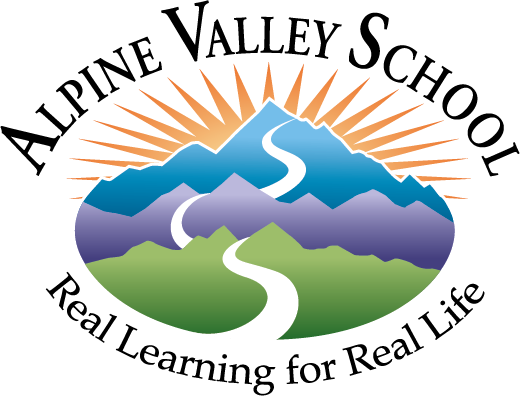Our Arrogance and Wisdom
I grew up at the Sudbury Valley School in Framingham Massachusetts (1985-97). It is one of the oldest and best known democratic schools in the world. This experience provided me not only the happiest childhood I could imagine, it also gave me an unshakable confidence in the ability of children to educate themselves and create meaningful and fulfilling adult lives for themselves. Sometimes I wish I could magically impart this confidence to parents who want to be able to trust the process more and to give their kids more freedom. I wish they could see that their kids are no different than all the kids I have known, both from my years at Sudbury Valley and my time as a staff at the Macomber Center, who have boldly and successfully tread this path.
The path of self-directed education is extremely challenging for parents because it triggers our strongest fears. There is nothing scarier than the idea that we might be failing to prepare our children for a happy life. And yet the desire for our children to be happy is what brings us to this challenging, sometimes slightly terrifying path in the first place. This leaves us in a state of limbo with one foot on the path and one foot off, not wanting to turn back and put our kids in conventional school but not quite ready to take the leap, not ready to put our kids completely in control of their own education. This can be a confusing, anxiety-producing, and conflict-ridden place to be, not only for us but for our kids, as well.
I fully respect the diverse spectrum of approaches within the wide world of self-directed education. I know there are parents out there who prefer an eclectic blend of some required activities and some time for free exploration. But for those parents who feel that the key to their children thriving is to be found in the direction of giving your child more trust and freedom, even if it means more pushback from friends and family, I want to encourage you to trust your instinct and to take that leap.
Embarking fully on the path of self-directed education requires a radical shift away from our usual way of viewing children. We have been taught to see children as bereft, in need of adult intervention of some kind. If that intervention is not carried out by teachers in school, or at home through formal learning activities, then maybe it just consists more in the gentle and wise guidance of children in a positive direction, towards experiences that will optimize their growth and development and away from the harmful influences of the dominant culture. But self-directed education challenges us to turn this view of children around.
We can learn to see our children as already rich in everything they need. My own kids, for example, who are ages 6 and 8, (and this could be said of many other self-directed children) know about things that I don’t even know to ask about. More importantly, they intuitively understand things about the world we are living in today that I will never understand. And they certainly know things about themselves that I will never know. When we pay attention and develop an appreciation of their knowledge, their understanding, and their wisdom, it is humbling and it can counteract our habitual, anxious tendency to constantly guide, advise and direct their lives. After all, their understanding of themselves, the world around them, and their place in it is going to be far more important to their lives than anything we can give them. So we should try, as much as possible, to get out of their way and let them figure out who they are, what they want, and how they will go about getting it. When they are treated with respect, trust, and non-judgmental care, we can be sure that they will ask for our help when it is needed.
The insistence that we must impart our hard-won wisdom by continuously advising, guiding and directing them is not wise; it’s arrogant. If we want them to benefit from our wisdom then we can try tapping into the wisdom that recognizes their wisdom. We can trust that they are making their own good use of our example, our experience, and our knowledge. Sometimes they ask for it, but mostly they absorb it in ways that we are not aware of, and in ways that they are not even aware of. Growing up at Sudbury Valley, I was deeply influenced by certain adults in my life. Seeing how they viewed the world and how they approached life had a profound effect on me, partly because it was never imposed on me. They simply lived their lives, treated us with respect, and trusted us to live our own lives.
If we can learn to see our children more clearly for who they are, free from our fear-based projections, we will recognize their capacity to live their own lives, make their own choices and deepen their own wisdom. If we really look, really pay attention, we will eventually see that they are experts in the area of their own lives, and in a much better position to direct their lives than we are. But we may have to take a few breaths, step back and watch. Maybe for a long time.
This blog has been reposted from its original version here with permission.
BEN DRAPER
Ben is the Executive Director, and works full time at the Macomber Center. Philosophy, Art and Psychology are subjects he enjoys sharing with members. In 2018 Ben was appointed to be a Director's Fellow at the MIT Media Lab.
